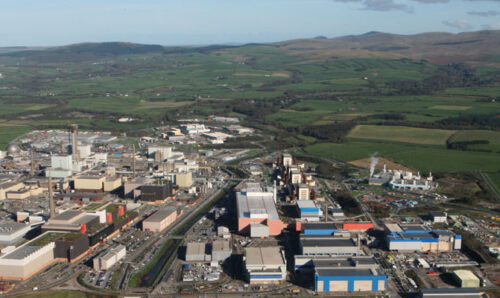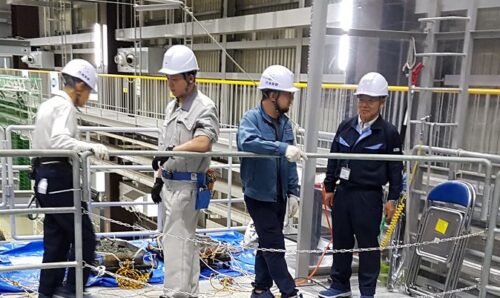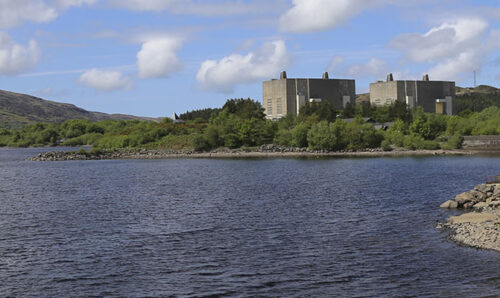An alternative approach to nuclear public consultation
Projects 17 July 2018
Today, a diverse group will gather in a ‘hybrid forum’, as part of work to develop alternatives forms of public consultation on nuclear energy.
This hybrid forum is the result of collaboration between The University of Manchester and National Nuclear Laboratory (NNL). The approach aims to bring a diverse range of people, with differing expertise, together in a space where they can discuss and find lines of agreement and disagreement.
Traditional practices are not enough
Traditional practices of public consultation are widely seen as limited in their ability to address controversial issues, including those that arise from activities carried out across the nuclear sector.
At a time of widespread public distrust of expertise and ‘technical specialists’, and when the UK Government is backing the development of new nuclear technologies in the UK, such as Advanced Modular Reactors (AMRs), it is crucial that new forms of public engagement are developed.
Improving engagement between the sector and civil society will allow different interested parties to play a more meaningful role in decision-making and to mobilise and motivate new interests and new expertise.
Adapting a promising approach
The hybrid forum approach has been successfully used in the past, for example, in addressing community concerns over severe flooding. In these forums, researchers begin with the assumption that not all the issues are known about a topic in advance of the consultation.
This new collaborative study will initially test the hybrid forum method of consultation in a local environment on a non-nuclear topic. Participants will be drawn from a diverse community of implementers, modellers and users of the urban development around The University of Manchester to look at the various responses that have arisen as a result of the development.
A unique aspect of the method is the use of consecutive forums that allow a dialogue between attendees to evolve over time and new relationships to form out of initial controversies. As part of the study, several hybrid forum events will take place in a series and the performance and effectiveness of this method of democratic participation will be analysed.
The learning from the pilot study will help to refine the technique for further testing, including on specific nuclear issues, to illustrate an alternative approach that can bring benefit to what is currently understood as ‘civil society’ and ‘the nuclear sector’.
Reuben Holmes, leader of NNL’s Public Engagement R&D Team, said:
“NNL has an ambition to disrupt some of the traditional thinking and methods employed within the nuclear industry by looking to other sectors for inspiration and identifying new and improved ways of doing things.
“Through our work with academics from The Beam at The University of Manchester, we work towards current thinking in social sciences becoming embedded within the nuclear sector’s practices.
“Hybrid forums present a great opportunity for the nuclear sector to learn from other experiences and to bring about a change in how dialogue takes place on such controversial issues.”
The hybrid forum has been designed by Professors Penny Harvey, Damian O’Doherty and Richard Taylor at The University of Manchester.
Damian O’Doherty, Professor of Management and Organization at Alliance Manchester Business School, said:
“In bringing together a diverse group in this way, our intention is to deepen and extend democratic participation and to give chance to the emergence of new knowledges and new forms of understanding.
“Forum members will be challenged with the possibility of new categories and classificatory devices that may reveal new associations between politics, science and engineering.
“In the language of hybrid forums we look to help make new publics for controversial issues.”




